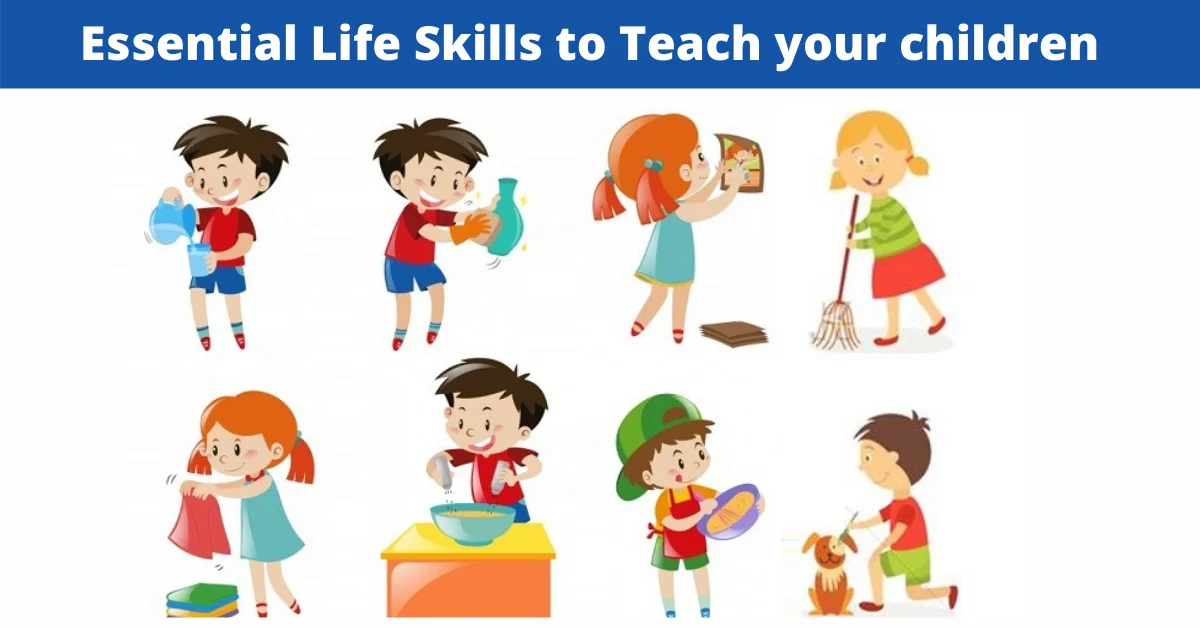
There are always one or two in the gang of little ones who stand out. They excel in different areas, earning praise from everyone around them. It is natural for other parents to wish their Essential Life Lessons For Kids were more like these praise-earners, and quite often, they can’t help but compare.
We often hear parents reprimanding, “Hey, you better behave yourself. Don’t you see how well-mannered your friend, Joe, is?
However, let’s accept the fact that no Joe is born in a day. You might have missed seeing him just a few years back when he was throwing the worst tantrum or taking the ugliest aggression out on those around!
Comparing your child with exceptional kids isn’t quite the best you can do. A way better idea is to model the behavior, character, and habits you want to see your child as they grow, imparting crucial life lessons along the way.
Let’s check out a few important life lessons that can walk a long way to shape up every kid for the future.
1. Communication
 Communication is more than just exchanging words or feelings, it’s the essence of human connection. Teaching children effective communication skills lays the groundwork for healthy relationships and successful interactions in both personal and professional spheres. Encourage your kids to express themselves openly and listen attentively to others. A simple family discussion over dinner can foster the art of communication, where everyone’s voice is heard and valued.
Communication is more than just exchanging words or feelings, it’s the essence of human connection. Teaching children effective communication skills lays the groundwork for healthy relationships and successful interactions in both personal and professional spheres. Encourage your kids to express themselves openly and listen attentively to others. A simple family discussion over dinner can foster the art of communication, where everyone’s voice is heard and valued.
Recommended Reading: Improve Communication Skills for Children – 11 Easy Ways
2. Money Management
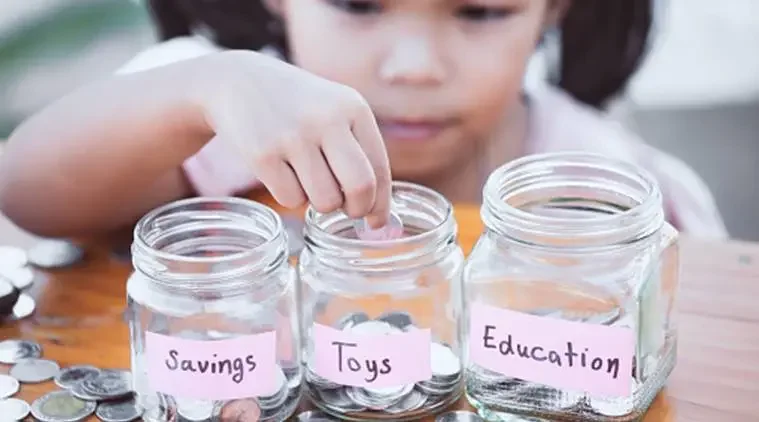 In the age of consumerism, teaching kids the value of money early on is important. From saving a portion of their allowance to understanding the concept of budgeting, instilling financial literacy equips children with the tools to make informed decisions about their finances. Consider setting up a piggy bank for younger children or involving teenagers in household budget planning to impart real-world money management skills.
In the age of consumerism, teaching kids the value of money early on is important. From saving a portion of their allowance to understanding the concept of budgeting, instilling financial literacy equips children with the tools to make informed decisions about their finances. Consider setting up a piggy bank for younger children or involving teenagers in household budget planning to impart real-world money management skills.
3. Time Management

Time is an invaluable resource, and learning how to manage it effectively is a skill that will serve children well throughout their lives. From balancing schoolwork and extracurricular activities to allocating time for relaxation and hobbies, teaching kids time management fosters a sense of responsibility and helps prevent procrastination. Introduce the concept of creating schedules or to-do lists tailored to their daily routines, encouraging them to prioritize tasks based on importance and deadlines.
4. Decision Making
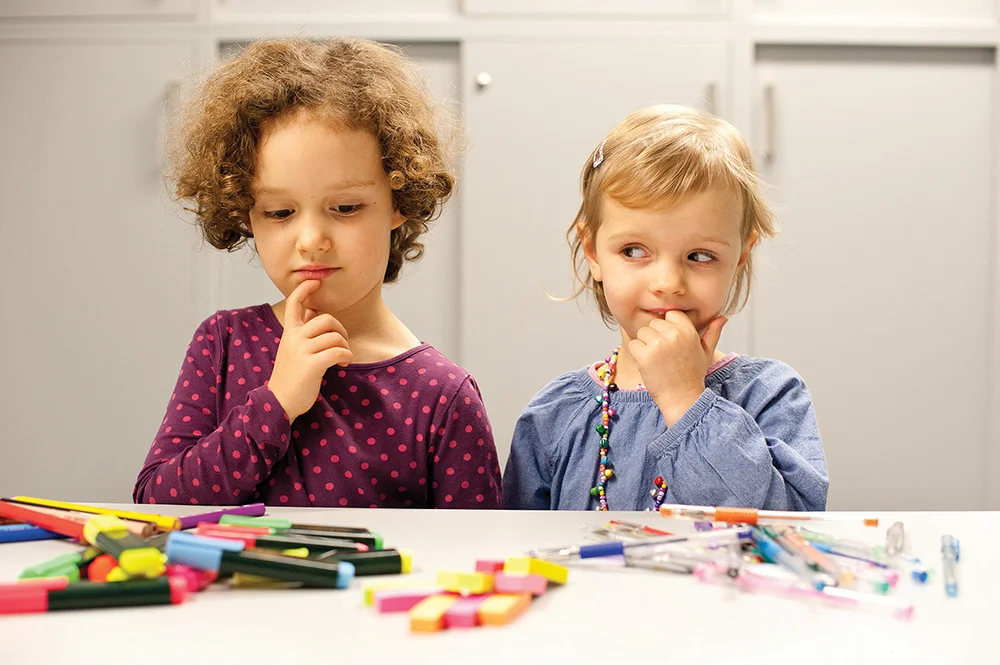
Life is a series of choices, and empowering children to make thoughtful decisions lays the groundwork for autonomy and self-reliance. Teach them to weigh the pros and cons of each option, consider potential consequences, and trust their instincts. For instance, involve them in age-appropriate decision-making processes, such as choosing their extracurricular activities or deciding on family outings, allowing them to experience the consequences of their choices in a supportive environment.
5. Critical Thinking

In an era of information overload, enhancing critical thinking skills is essential to help children discern fact from fiction and navigate the complexities of the digital world. Encourage them to question, analyze, and evaluate information critically rather than accepting it at face value. Engage in activities that stimulate their curiosity and encourage them to think outside the box, such as puzzles, riddles, or philosophical discussions about moral dilemmas.
6. Coping with Failure
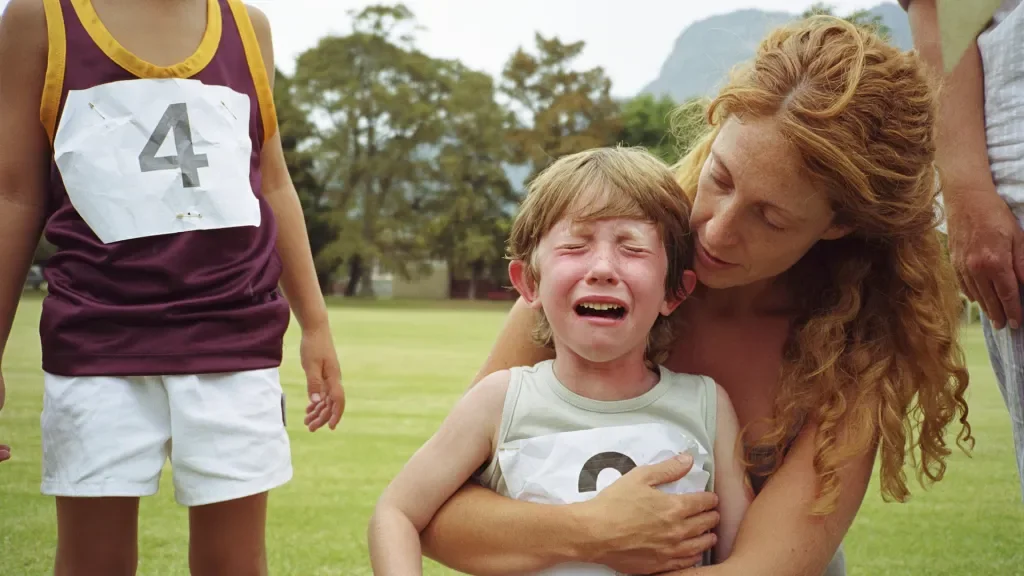
Failure is not the opposite of success but rather a stepping stone on the path to growth and self-discovery. Teach children that setbacks and mistakes are inevitable and that resilience lies in how we respond to them. Share stories of famous figures who faced numerous failures before achieving success, emphasizing the importance of perseverance and learning from failures. Encourage them to adopt a growth mindset, viewing challenges as opportunities for growth rather than insurmountable obstacles.
7. Good Manners
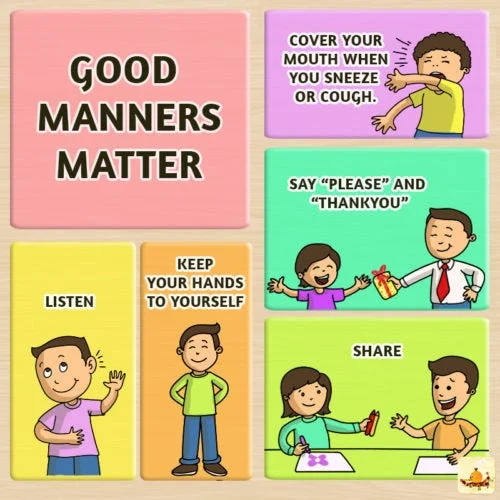
Good manners are more than a set of rules, they are the language of respect and consideration for others. Teach children the importance of saying “please” and “thank you,” showing empathy, and practicing kindness in their interactions with others. Model polite behavior in your own interactions, whether it’s holding the door open for someone or offering a sincere compliment. Reinforce positive behavior through praise and gentle reminders, nurturing a culture of civility and mutual respect.
8. Honesty

Honesty is the bedrock of integrity, forming the foundation of trust in relationships, both personal and professional. Encourage children to be truthful and transparent in their words and actions, even when faced with difficult situations. Emphasize the importance of taking responsibility for their mistakes and making amends when necessary. Lead by example by being honest and trustworthy in your dealings, fostering a culture of honesty and integrity within the family.
9. Problem-Solving

Life is full of challenges, and teaching children how to approach problems with a positive and solution-oriented mindset is invaluable. Encourage them to brainstorm alternative solutions, think creatively, and seek help when needed. Engage in problem-solving activities together, such as puzzles or riddles, that require critical thinking and collaboration. Celebrate their successes and encourage perseverance in the face of adversity, nurturing their confidence in their problem-solving abilities.
10. Basic Hygiene
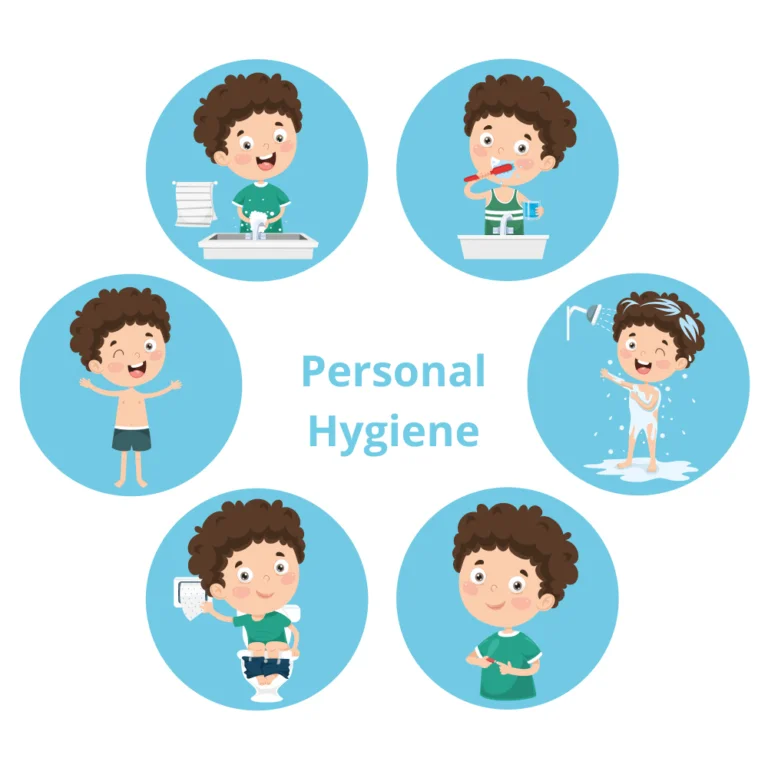
Basic hygiene is the building block of good health and well-being, safeguarding against illness and disease. Teach children the importance of regular handwashing, dental care, and personal grooming, instilling lifelong habits of cleanliness and self-care. Encourage them to practice proper hand hygiene, covering their mouths when coughing or sneezing, and maintaining cleanliness in their surroundings. By prioritizing basic hygiene, we empower children to take ownership of their health and well-being, fostering a lifetime of vitality and resilience.
Recommended Reading: 15 Important Life Skills Every Kid Should Learn Before Leaving Home
Conclusion
As guardians of the next generation, it’s our responsibility to equip children with the essential life lessons that will empower them to thrive in an ever-changing world. By nurturing their communication skills, enhancing financial literacy, honing time management, and cultivating resilience, we lay the groundwork for their success and fulfillment. From decision-making to critical thinking, from coping with failure to practicing good manners and honesty, let us arm our children with the tools they need to navigate life’s twists and turns with courage, compassion, and grace.
Looking for a comprehensive parenting guide to ensure you are on the right track? Explore a wealth of parenting wisdom and educational insights in Moonpreneur’s blogs. Additionally, you can join our programs that nurture the next generation of innovators. Book a free trial now!
Update: This article was last updated on 19th July 2024 to reflect the accuracy and up-to-date information on the page.


























Do we require to compare our child to others ?
No we should not do such a thing. Every child is unique and detrimental. We must realize these things. Comparing them with any kids may hurt them inside and they feel anxiety and depression.
Another life lesson you should add to your blog is that kids should be kind to any living being on earth such as animals. I think it’s the best age for them to develop empathy towards living beings including all the people.